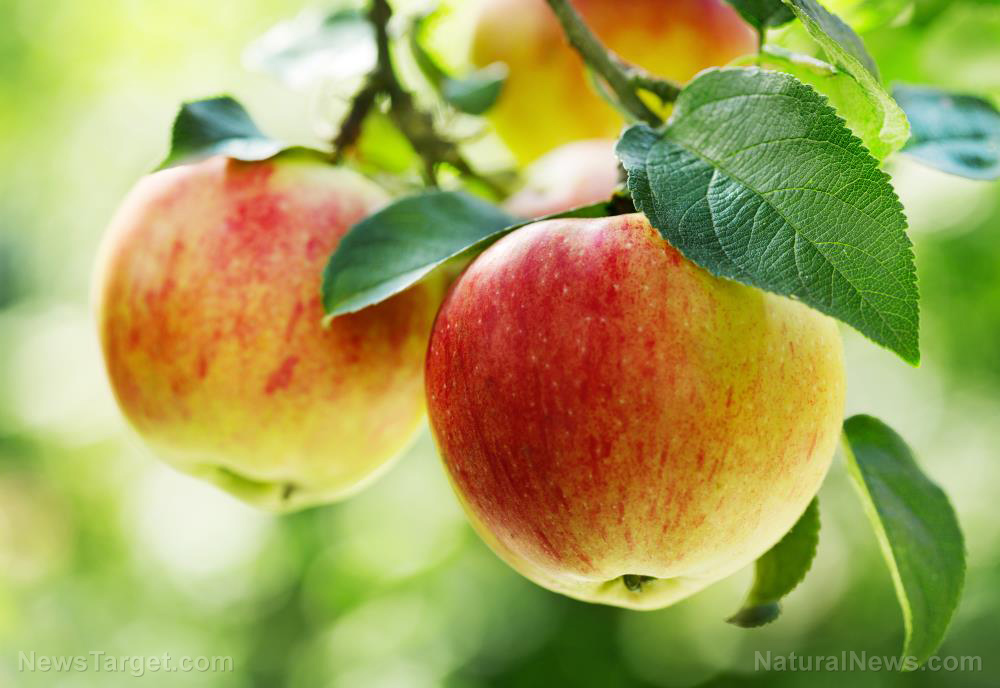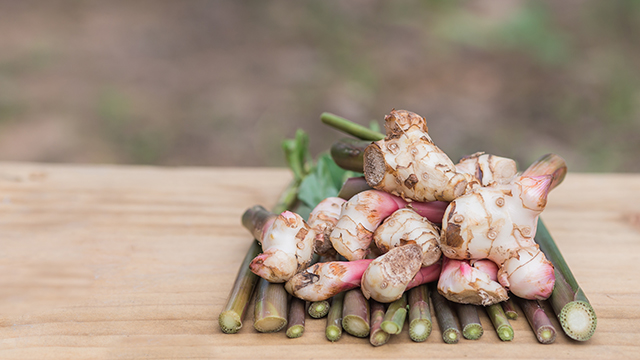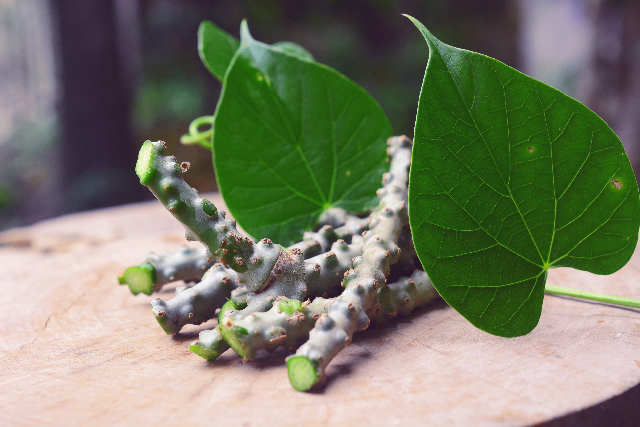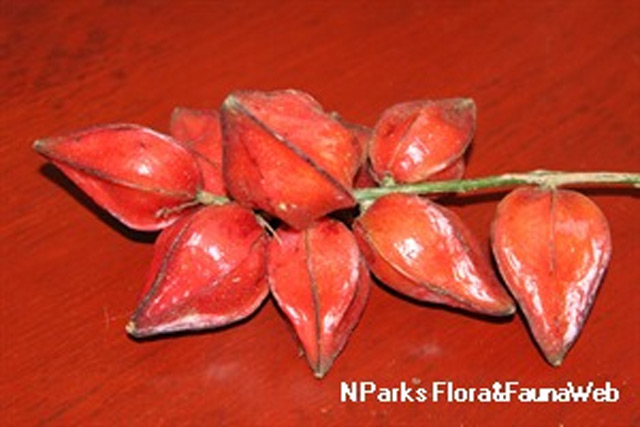Review looks at the ethnobotanical properties of certain plants in Ghana
05/23/2019 / By Ralph Flores

For a lot of people in the U.S. and other highly developed nations, access to conventional medicine is a non-issue. Other areas around the world, however, don’t have that access, which is why they rely on more traditional forms of medicine, particularly people from developing countries. A review led by the University of Ghana investigated how local communities use these medicines to treat common illnesses.
Unlike the U.S., where most people pop pills to treat almost anything (something that we at Natural News repeatedly warn against), plant-based and herbal treatments are a key part of African medicine. Almost 80 percent of the emerging population regularly use traditional medicine or consult local practitioners and healers, while other areas are fully reliant on traditional medicine since it’s affordable, readily available, and culturally accepted. (Related: OTC pain meds mess with your head: Study suggests that as they suppress physical pain, they also suppress empathy and emotional pain.)
In the study, the researchers pointed out that while many communities use some form of traditional medicine, its practice greatly varies for each region. The World Health Organization called for more research to institutionalize traditional medicine in primary healthcare settings as well as the addition of these medicines in national healthcare lists for each country. They chose the communities living around the forest reserves in southern Ghana, where there is an abundance of plants used in traditional medicine.
They found that the community uses around 30 species of plants from 16 families. The plants are mainly gathered in the degraded areas around the reserve, most of which are uncultivated. The leaves are the most used parts of the plant, with over half of the herbal remedies requiring the leaves as a primary ingredient. In addition, most of these remedies were prepared by boiling, with the resulting decoctions ingested. While local healers already established the ethnobotanical uses of some plants, other studies revealed “new use reports” – that is, a previously unidentified benefit determined through new research.
“The study has confirmed importance of degraded areas as a source of medicinal plants for indigenous communities and that a high proportion of non-cultivated plants is used for such medicines,” the researchers wrote in their report. “Plants in need of further investigations based on a survey of the available literature on their ethnobotanical use, biological activity and toxicological studies have been highlighted.”
Other potent medicinal plants from Africa
African traditional medicine is considered one of the oldest therapeutic systems in the world. It is still widely used even today, given that the continent is rich in medicinal plants that can be used for various illnesses, including malaria and HIV/AIDS. In a study published in Evidence-Based Complementary and Alternative Medicine, researchers listed some of the plants that were widely studied for their health benefits, including.
- Gum arabic (Acacia senegal) — While ancient Egyptians first used gum arabic to make ink, which they called “komi,” people from the drier regions of sub-Saharan Africa have used it in food and medicine for over 4,000 years. In particular, various parts of gum arabic can be used to treat infections like gonorrhea, upper respiratory tract infection, and even leprosy.
- Honeybush (Cyclopia genistoides) — In South Africa, honeybush is an indigenous herbal tea and a health food. In traditional medicine, the shoots and flowers are fermented to make tea which is known to benefit the urinary tract. It is also used to support digestion, especially since it carries no adverse effects. Honeybush, when used in decoctions, is used as an expectorant for pulmonary tuberculosis.
Learn more about other African medicinal herbs at Herbs.news.
Sources include:
Tagged Under: alternative medicine, Ancient medicine, disease treatments, folk medicine, Ghana, herbal decoction, herbal medicine, Herbs, natural cures, natural medicine, prevention, remedies, Traditional healers, traditional medicine
RECENT NEWS & ARTICLES
COPYRIGHT © 2017 RESEARCH NEWS



















